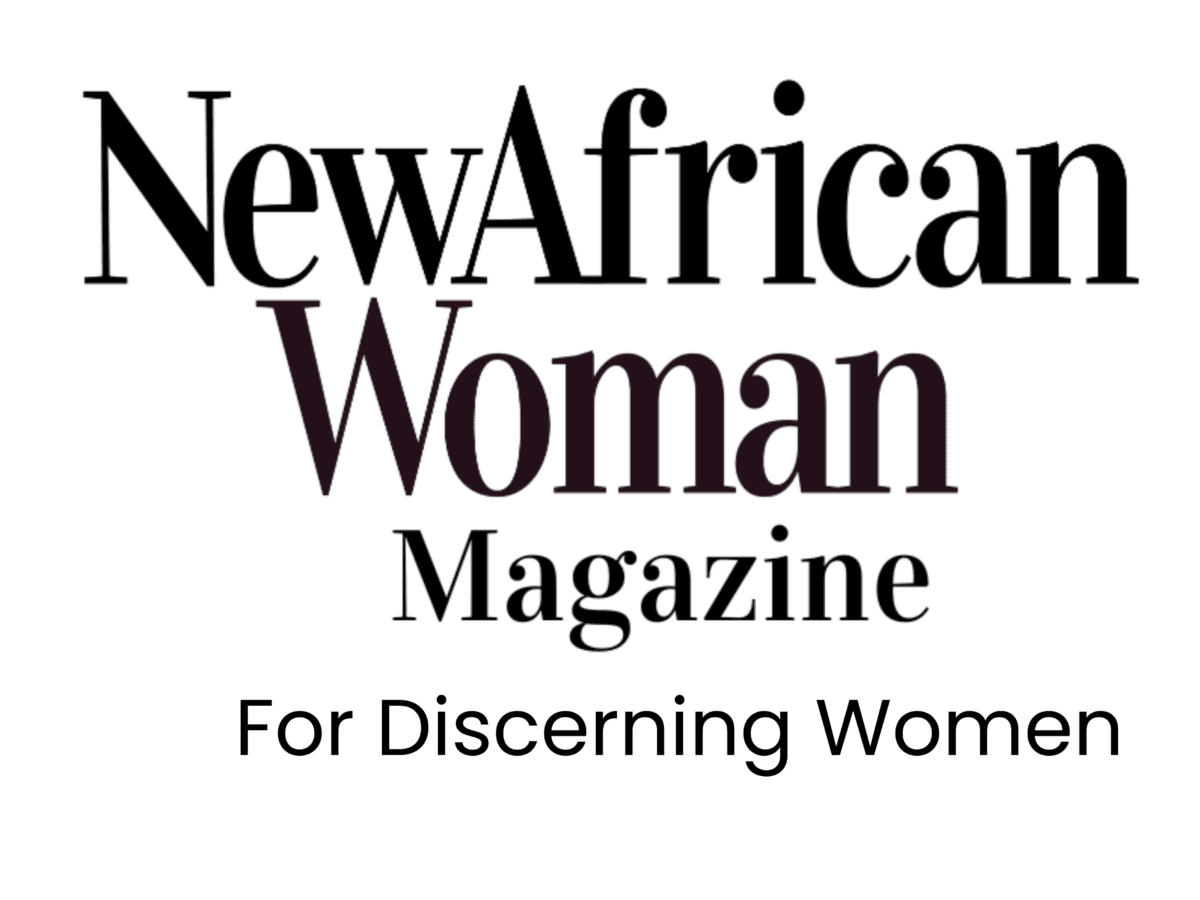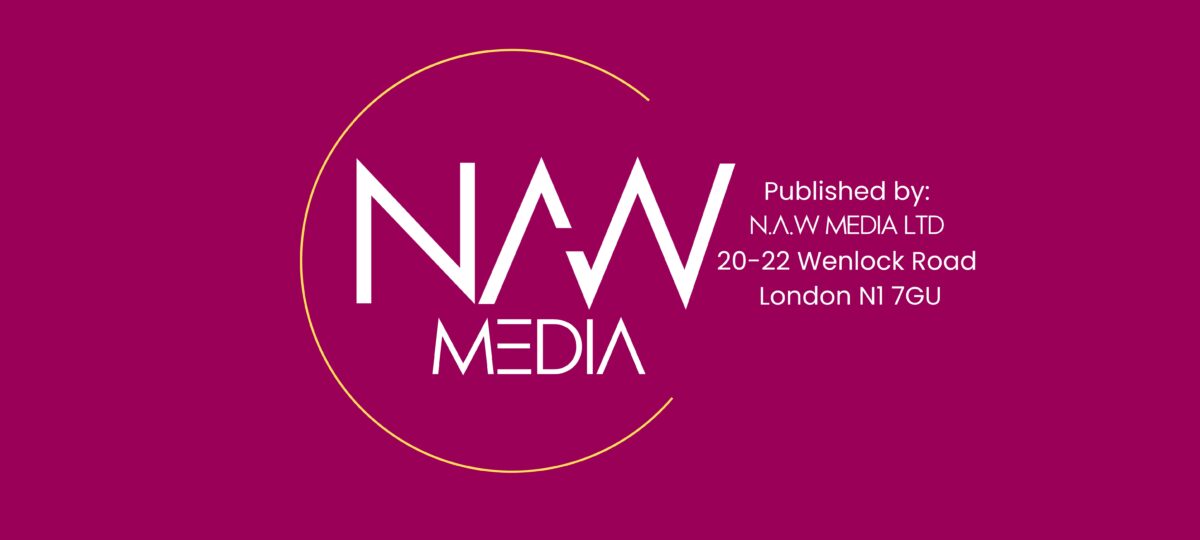Viewpoint: We must think and act big for Women in the African Continental Free Trade Area (#HerAfCFTA)

The AfCFTA should not be a market that women spectate at, and remain on the margins of, let us throw all we have into making it the development accelerator for women, writes Dr. Joy Kategekwa (pictured).
When I think of women in trade in Africa, I am not one to limit my horizon to informality and micro-based participation. On the contrary, I think CEOs of large manufacturing plants, services firms, and major agricultural enterprises. I see women running major corporations — offering solutions for the new resilience agenda that must emerge in a post–polycrisis Africa. I see women modeling tenacity, values–based leadership, and building the enterprise of the future off a sustainability-powered compact, which offers Afri-can youth a picture in which they visualize themselves and how they can actualize their hopes and dreams — right here in Africa.
This is neither a farfetched nor an unrealistic dream. It is exactly the ambition we must have as we commence the implementation of the African Continental Free Trade Area (AfCFTA) in earnest. This north star of thinking and doing big for women should guide the initiatives we roll out in the name of development support for the AfCFTA.
In much of my career in trade and development, I have observed that women’s issues are dealt with from a vulnerability lens, framing support initiations that target micro, small and medium entities — mostly informal. What this does, psychologically, is create the mental frame of smallness — where pilots and limited experimentation are good enough. Naturally, so are the results. Incremental at best.
“Women’s issues are dealt with from a vulnerability lens… What this does, psychologically, is create the mental frame of smallness.”
But of course, there has been some value in this approach. However, the time has come to flip the script and do the exponential when it comes to the topic of women in trade.
Feet on the pedal of breadth
Women are the engine of trade — and it will be women that drive the transformation we are all waiting for. A 2022 report — The Engine Of Trade in Africa: Amplifying The Voices Of Women Across Africa On How To Make The Afcfta Protocol On Women And Youth In Trade Work For Development — jointly produced by UNDP, AfCFTA and UN Women, confirmed a 70% presence of women in cross-border trade for products including: in the food, cosmetics, jewellery, and clothing production, as well as in services such as tourism, fashion, and professional services.
We must build from the base of their current position, with the vision board of women seizing the 1.3 billion people, and a growing market. We must place our feet on the pedal of breadth, depth and scale. We must also, invest development resources in supporting women to expand production. Women can move from buying and selling (trading) to creating those made in Africa products. They have a gem — an innate ability to leverage sisterhood — and cluster, aggregate and bring to market larger volumes.
If these are of better quality, they will fetch higher prices and land in export markets across Africa, and indeed ashore. I have seen this in action for example in a UNDP-supported shea butter support programme in Tamale northern Ghana. Laser–focused support on the practicalities of export certification changed the prospects of these women, who now have secure and predictable markets in the United States. And it need not stop here.
Winning in the AfCFTA
Women can create the industries that add value to Africa’s wealth of raw materials, and in doing so they can reap the more lucrative parts of value chains that are concretely on offer in the AfCFTA, in sectors such as automobiles, lithium-ion batteries, cocoa, soya, clothing and textiles, leather and leather products, pharmaceuticals, vaccines, mobile financial services and cultural and entertainment services. By getting into manufacturing and services, women will be front runners in capturing gains. They will create better jobs and become the flagbearers for Africa’s socioeconomic progress.
However, informality will have to be tackled if women are to win in the AfCFTA. Trade agreements are, by definition, avenues for preferential treatment in formal trade. And while simplified trade regimes play a role in inclusivity, they must be viewed as transitory. Getting women into the fold of formal trade will likely flow naturally as they get more into making the goods and services targeted at the One Africa Market.
There are heavy fences to scale. But governments can scale them, for instance, by ensuring that procurement laws offer predictable and sizeable markets for women; that trade facilitation measures tackle harassment, bribery and undue delays at ports; that women desks exist and offer fast–track access for women–led exporter consignments; and overall, that market–creating signals incentivizing women to get involved in the AfCFTA are sent.
Accelerator for women
The AfCFTA should not be a market that women spectate at and remain on the margins of. And this should be our preoccupation as trade capacity development practitioners. Let us do big things to bring women to the center: like creating an AfCFTA Women’s Bank, with single–digit interest rates, and simple collateral conditions, diffused with accessibility across the continent.
Let us also coalesce together as women and hold one another’s hands as we match towards the prosperity that the One African Market offers all of us. In 2023, a year in which the African Union is promoting the acceleration of the AfCFTA as its central theme, let us — women and men — throw all we have into making the AfCFTA the development accelerator for women.
This is why the work UNDP does, with others in global advocacy, regional technical support and country-level portfolios for women to lead in the AfCFTA, is something I am proud to wake up to do, every day. This is why I also believe the Afri-can Women Professionals in Trade (AWPIT) is such a powerful promise. It sends a signal that we will not stop until we succeed. And this is why #HERAfCFTA must be more than a hashtag. It should be that powerful women’s movement and the song we sing each day until Uhuru comes.
(Dr. Joy Kategekwa is the Regional Strategy Advisor on Africa at UNDP. She is passionate about the power of trade & development for Africa’s development)









